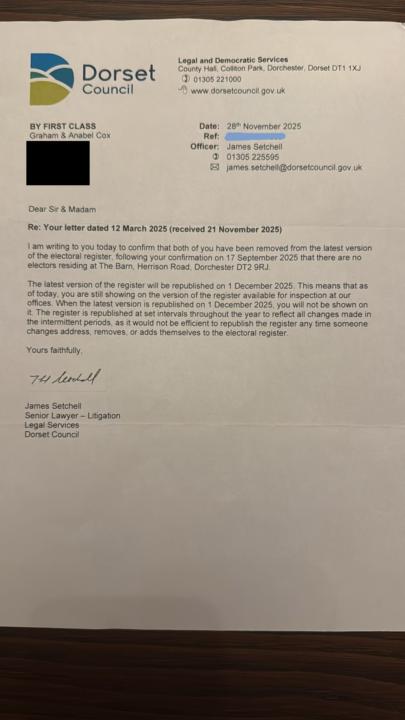Activity
Mon
Wed
Fri
Sun
Mar
Apr
May
Jun
Jul
Aug
Sep
Oct
Nov
Dec
Jan
Feb
What is this?
Less
More
Memberships
Checkmate The Matrix
551 members • $25/month
502 contributions to Checkmate The Matrix
UKPC success
Hi everyone i just wanted to share success against UKPC. It took just 2 weeks for them to cancel the charge. I used the private parking bot and I just wanted to say a massive thank you for this group. The knowledge ive learned and still am has given me the empowerment to make a stand against anyone making their false claims and this win is the icing thank you again.
Lowell Financial sent a “goodwill” payment to apologise for poor call handling ! 😁
Lowell took over my case from Vanquis Bank last autumn, though I don’t owe to this credit card company. Vanquis rejected my last payment nine months ago, charged off the account, and sold my account data to Lowell against my wishes. I explicitly told Vanquis to transfer the account lawfully, via deed of assignment, though they ignored me. I was on a call with a manager at Lowell Financial. While I was explaining what the law says about data handling and deed of assignment, the line dropped. When I called back, a call handler refused to reconnect me to the manager and demanded my date of birth, which I do not provide to third parties. He then accused me of sounding like a “freeman on the land conspiracy theorist.” When I asked what that meant, he refused to explain and still wouldn’t transfer me before disconnecting the call. Once I finally reached the manager again, I apologised for the delay (the company didn’t have my phone no). I didn’t complain, I simply asked whether he knew what “freeman on the land conspiracy theorist” meant? 🤭 The manager apologised for the experience and said he would monitor the call and discipline the handler if necessary. 😄 He also offered to request that my case be closed based on the information I gave him, though he couldn’t guarantee that Lowell Portfolio would agree - so we’ll see. Lowell sent a £25 cheque as an apology for the poor call handling. 👏Staying polite clearly paid off for me!
Offshore Banking
Anyone had any success with offshore banking for the trust

Off The Electoral Registers... at last
So this is the best christmas present we could have wished for. After 2 years of writing to dorset clowncil using GDPR, writing to the attorney general, writing to my MP we did it. The thing is we don't know which of the levers we pulled hit the jackpot... or if it was a case of the straw that broke... so I can't really provide direction for you to get remedy for yourselves. One thing that happened (maybe synchronicity?) was that while I was writing to the Clowncil, I got an email from them asking to take a survey... so I immediately did that and made it clear that we no longer were residents residing in dwelling... indeed we'd 'left' the UK (jurisdiction). We got a CCA form which is to correct electoral register information. Maybe that alone was the win? I hope this gives you an incentive to get off the register. It does seem to be the biggest 'claim' on us being taxable PERSONS when we are on these registers.

1-10 of 502
Active 14h ago
Joined Mar 28, 2025
Powered by






